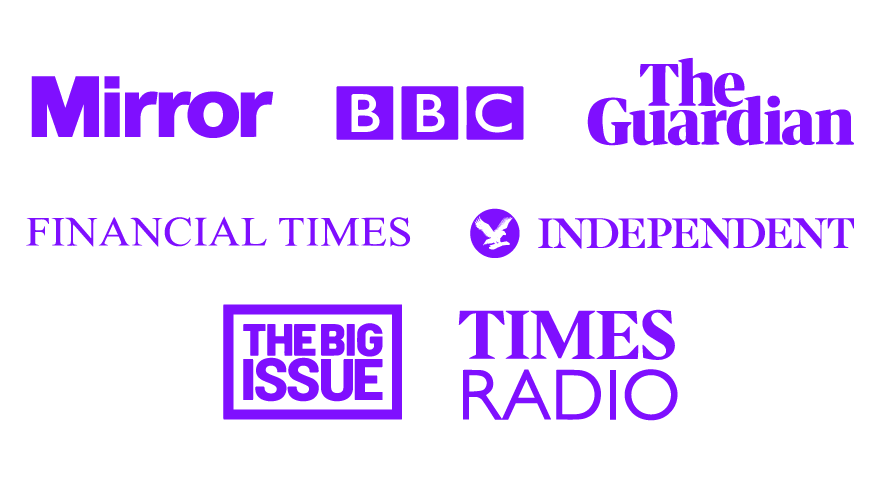If you believe this week’s newspaper headlines, many Britons are waking up with hangovers after their first night out in months. Summer breaks on the beach are back. There is even talk of fans returning to Wembley for the FA Cup final.
The Prime Minister signalled that he is looking to life beyond the pandemic: “We cannot continue, simply, to be prisoners of this crisis”.
Britain it seems is inching back to a more familiar way of life.
Certainly for the many Britons living on a low income, some familiar pressures are back. Secretary of State for Work and Pensions Thérèse Coffey told the House of Commons on 29 June that job centres would begin to reopen and that work related requirements – the steps most universal credit claimants, including some lone parents, sick people and part time workers have to take in order to find work (or more work) while claiming UC, are to be reintroduced after a three month suspension.
And along with work related requirements, comes the threat of sanctions – the withdrawal of the basic element of UC (and some other benefits) for claimants who don’t fulfil DWP requirements.
The government has always made clear that changes such as £20 increase in UC and working tax credit, the suspension of waiting days for statutory sick pay and streamlining of the application process were temporary.
Dr Coffey has reiterated her support for the “fundamental principles” of universal credit but in the same speech said she is open to making some of the recent changes permanent.
So now is the right time, as lockdown is eased and unemployment and recession loom large, to assess the impact of the government’s temporary measures and what we can learn about how a social security system fit for the post-corona, pre-recovery age might look.
We need to know which headline measures have made a material difference to lives turned upside down by the crisis and how low income families are coping with new challenges and a new economic reality: This is where CPAG’s Early Warning System (EWS) comes in.
The EWS taps into the experience of advisers and professionals working directly with households claiming benefits to give us a bang up-to-date, ground-level view of issues and concerns with the benefit system. Some of the case studies we record on the EWS come through our advice services, others are reported directly by concerned professionals in law centres, Citizens Advice Bureaux, schools and food banks. It’s our ear-to-the-ground and the basis for our understanding of what is often a very large gap between how the benefits system ought to operate and how it is, in fact, experienced in practice.
In response to the pandemic, we’ve teamed up with University of York on the COVID Realities project, with support from the Nuffield Foundation. We’ve been using the evidence we collect from the Early Warning System to understand what’s going on - and what’s going wrong – with the benefit system under lockdown. Which measures have worked and should be made permanent and those like the welcome £20 uprating which CPAG believes should be extended to cover families relying on legacy benefits like child tax credit, jobseekers allowance and employment and support allowance, which were not uprated increased at the start of lockdown. . What can be learned about what a system, upon which increasing numbers will be relying to get by, ought to look like in the new normal.
During the pandemic, reports to the EWS highlighted concerns that some disabled peoples’ benefits were not automatically being extended during lockdown when they can’t get to assessment centres and that some families are being hit by the benefit cap because of lockdown restrictions.
EWS reports alerted CPAG to the problem of tax credits claimants who followed government advice to claim UC when work dried up in March, only to discover their tax credits stopped and they could not make new claim even when they were refused UC or entitled to less under the new benefit. The government responded to these reports and others by issuing a warning that a claim for UC means the loss of tax credits and certain other benefits and Dr Coffey has promised that they would be “actively looking” into what can be done to assist affected claimants.
Looking ahead, the EWS will tell us how the return of sanctions is implemented, and whether it is back to normal approach at the DWP, or whether lessons have been learned from the crisis.
During lockdown we’ve collated our COVID-19 findings from the EWS in our regular Mind the Gap briefings which give policy makers a clear report on how their emergency response is working at ground level. With the additional support from the Nuffield Foundation, we’ve been able to keep up the level of reports to the EWS - hitting a record-breaking high number of submissions in May 2020 - at a time when the advice sector is going through massive challenges.
EWS case studies and data comes from the frontline of advice work; from the people who hear directly how a system that millions more Britons now rely on is working. As we face an uncertain economic future, the EWS will support the COVID Realities project to understand how people’s experiences during the pandemic can help shape a better social security system fit for future.
Find out more about the Early Warning System here.




